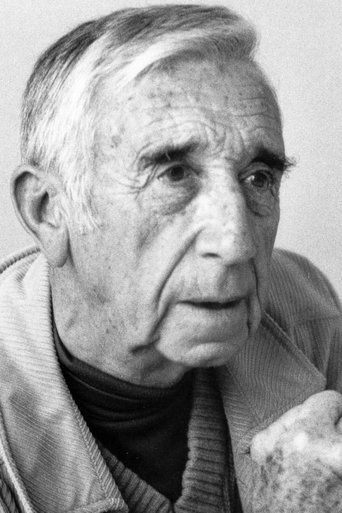

Philippe Tailliez
Philippe Tailliez (15 June 1905, Malo-les-Bains – 26 September 2002, Toulon, France) was a friend and colleague of Jacques Cousteau. He was an underwater pioneer, who had been diving since the 1930s. He was the younger son of Félix Tailliez, a career sailor then in station in Tahiti, told in his letters the stories of pearl divers, which fascinated Philippe (who had a brother, Jean, sailor also, and a sister, Monique). Philippe Taillez left the naval college in 1924, was affected in Toulon. He became a career naval officer. He became passionate about underwater breath-holding, hunting and photography, and became the French Navy's swimming champion. Inspired by the philosophy of the Swiss naturalist Jacques Grob, whom he met in Carqueiranne where he lived, of gardening and underwater fishing, he already took heed of the fragility of the sea: "the fertile coastal belt, rich in colors and in fish", he wrote in 1937, "is not broader than a river.". Officer on the destroyer Condorcet, Tailliez made the acquaintance of a young ensign of the vessel with whom he later discovered diving and nature: the gunner Jacques-Yves Cousteau. In 1936 he introduced Cousteau, while both were officers on the Condorcet, to the sport of spearfishing and two years later to Frédéric Dumas, another diving companion. These three men would start the history of deep-sea diving. Passionate about cinema and owner of a camera, Cousteau dreamed of making underwater films at once, but for lack of time the dream spent several years to be carried out, and the German Hans Hass made the first underwater film in the Antilles in 1939. Tailliez acquired a passion for free-diving and underwater photography. In the summer and autumn of 1943 he aided Cousteau in testing the prototype of the aqualung, making about five hundred dives, gradually going to deeper depths. These three divers would become known as the three mousquemers (musketeers of the sea). The Second World War separated their team temporarily and Tailliez in particular would take part at the time of the campaign in Syria, with naval action against the Vichy navy. On armistice leave and thus having time, in 1942 they made without breathing apparatus the first French underwater film: Par dix-huit mètres de fond (= "18 meters deep"), and the next year Epaves (= "Wrecks"), this time with the Cousteau-Gagnan aqualung, and with the funds of the Marseilles company of reinflation "Marcellin". In the wartime shortages, to get movie film to make Epaves, Cousteau had to buy up hundreds of unexposed short small-gauge films intended for children's toy cameras, and splice them end-to-end into movie-length reels. ... Source: Article "Philippe Tailliez" from Wikipedia in English, licensed under CC-BY-SA 3.0.
Read bio at tmdb | Read bio at Wikipedia
- Born:
- Jun 15, 1905 In Malo-les-Bains, Nord, France
- Movie/TV Credits:
- 2
- First Appeared:
- In the movie At a Depth of Eighteen Meters 1943-01-01
- Latest Project:
- Series Le Grand Échiquier 1972-01-12
| Series | Le Grand Échiquier | Self | 1972-01-12 |
| Movie | At a Depth of Eighteen Meters | Self | 1943-01-01 |

